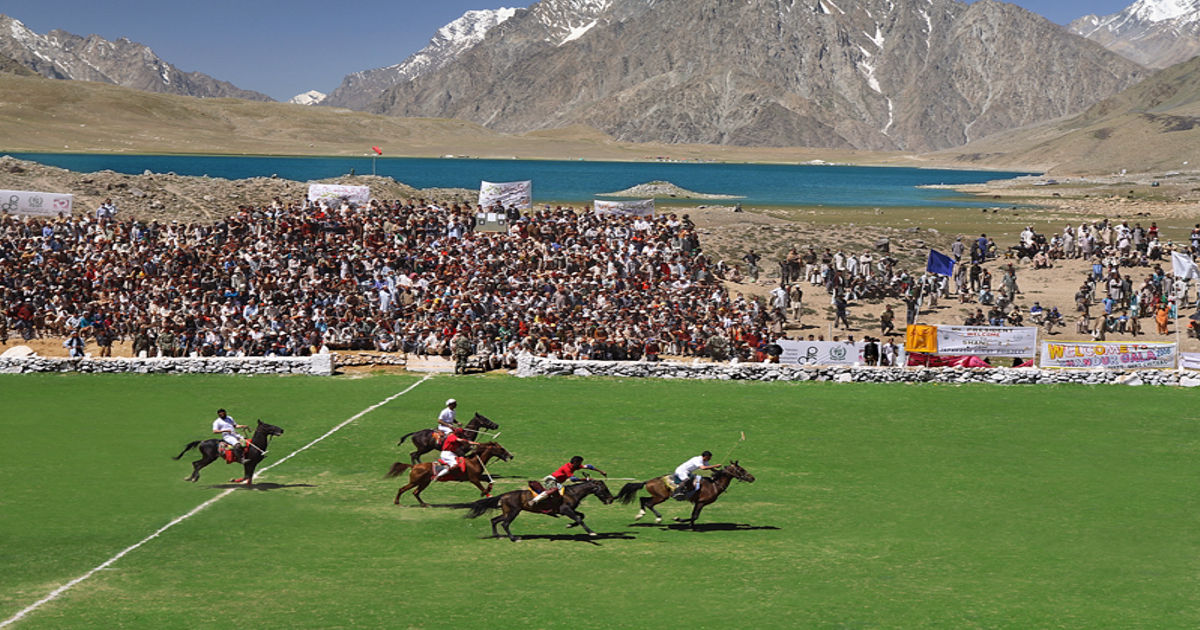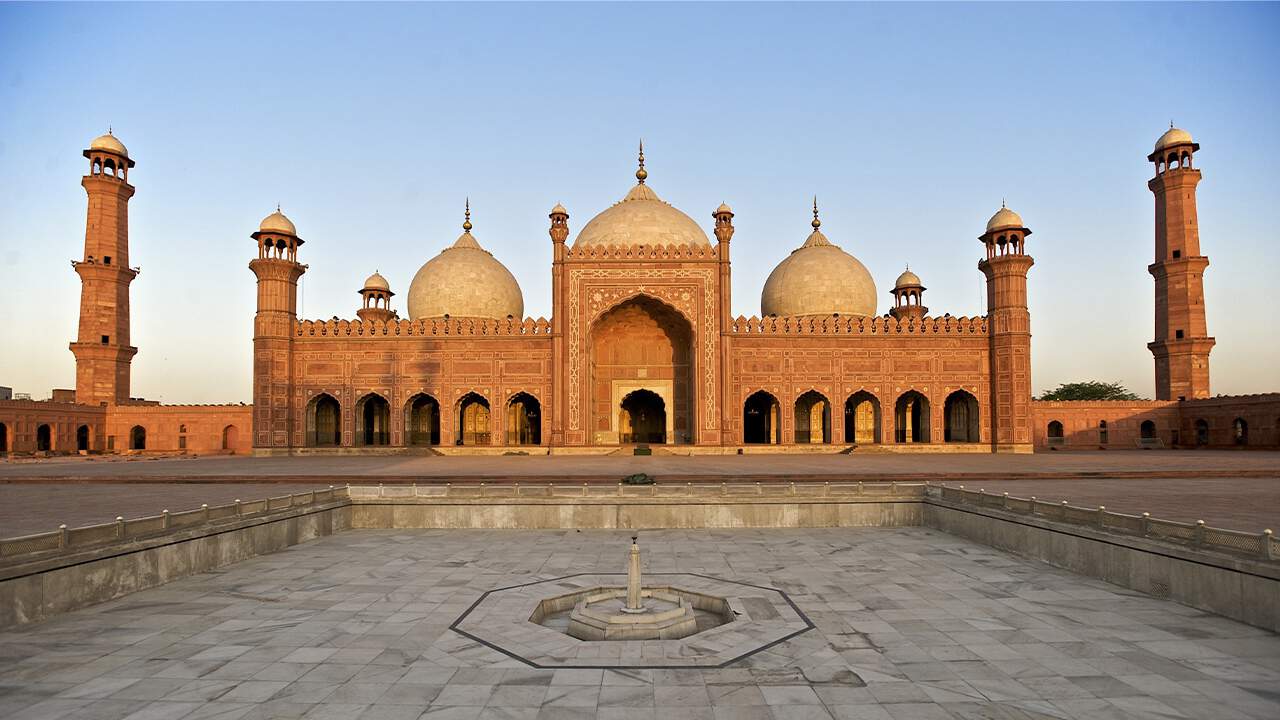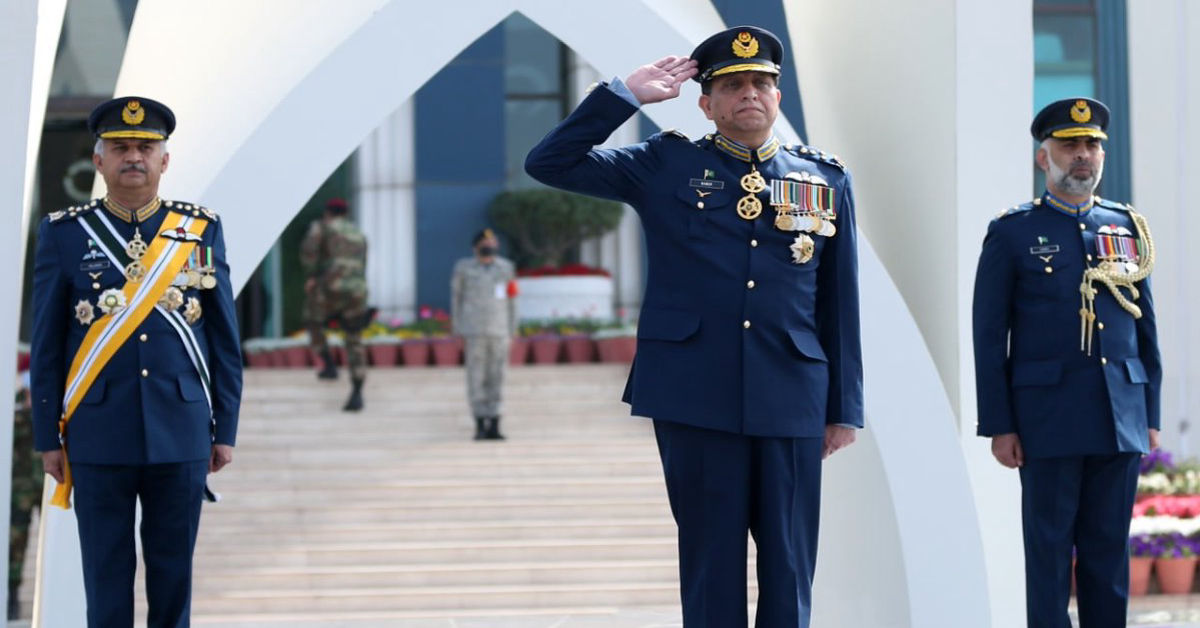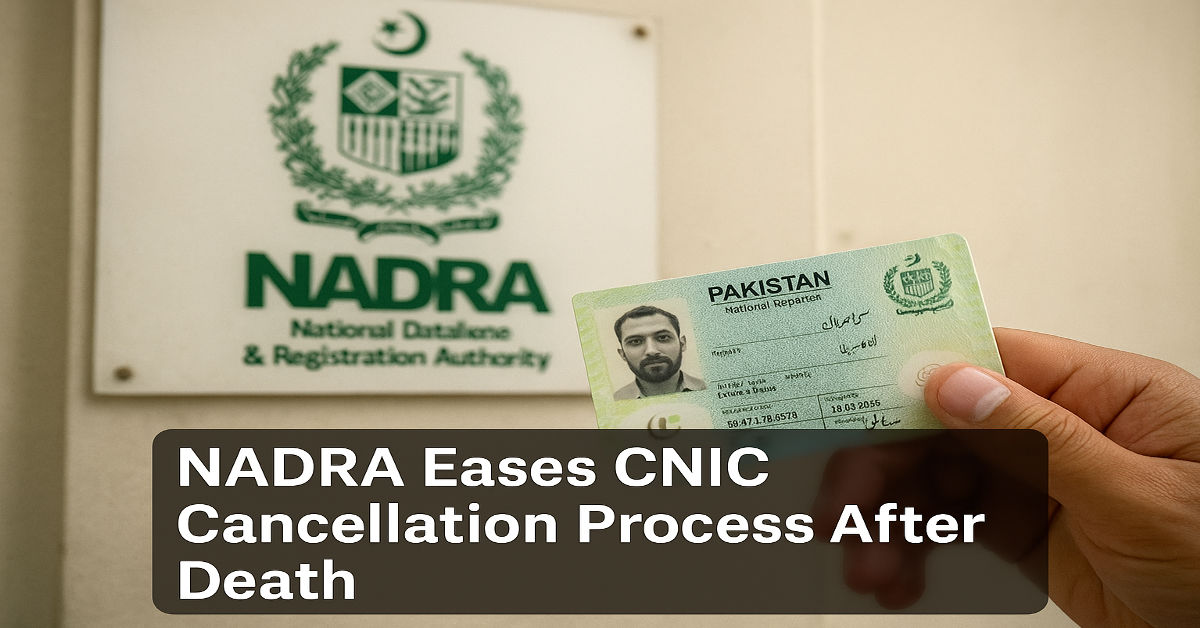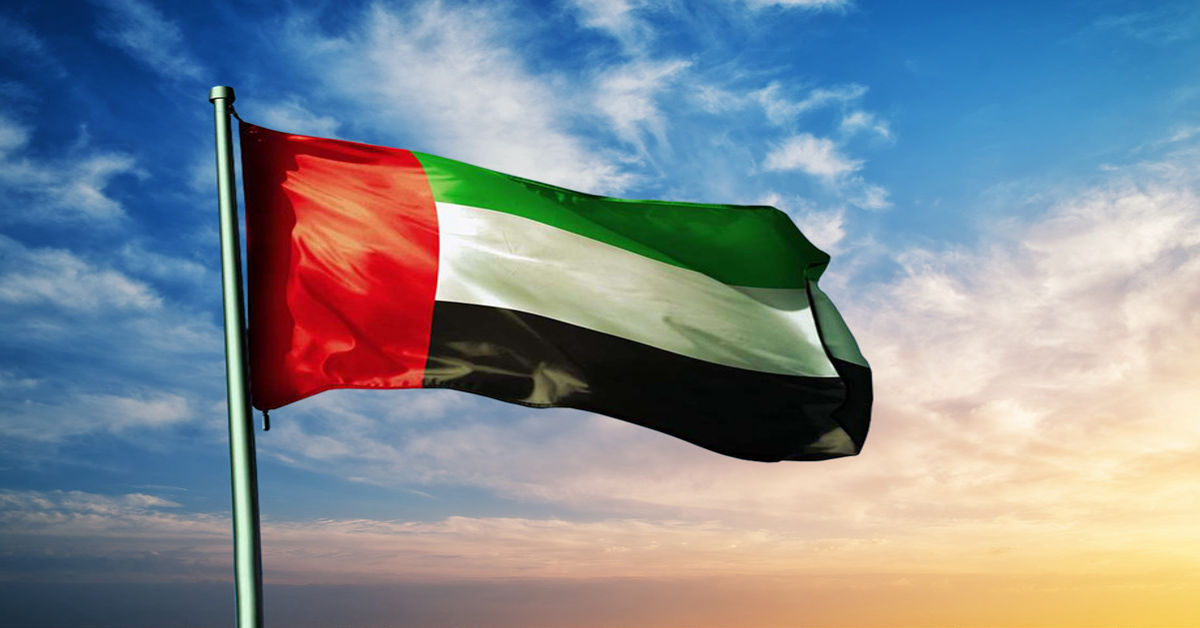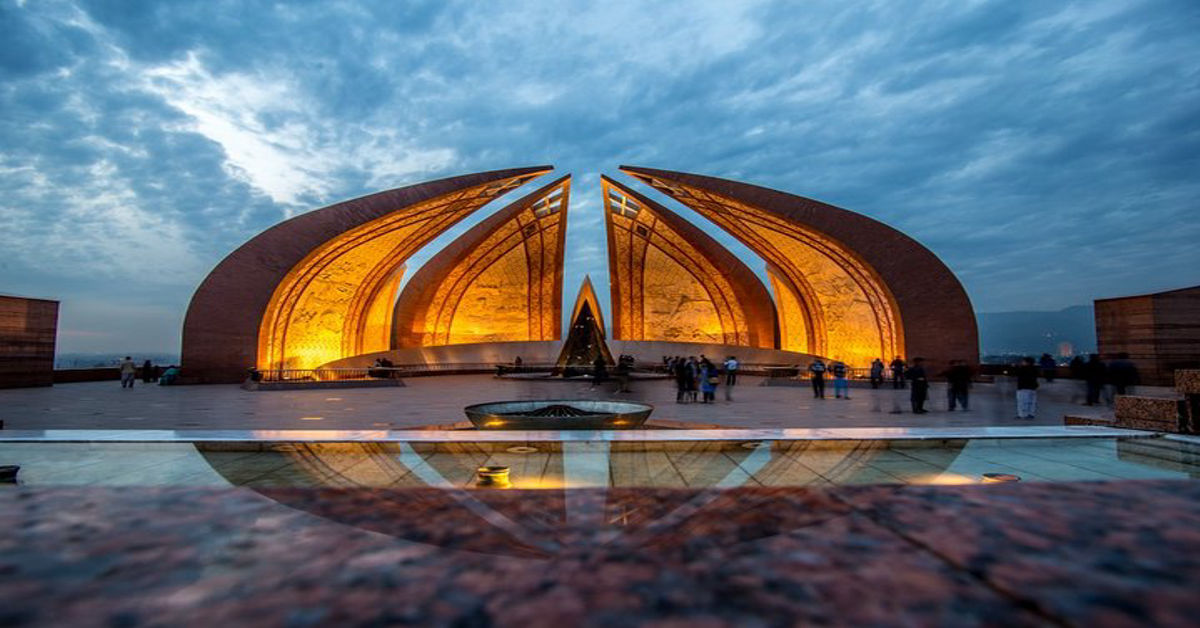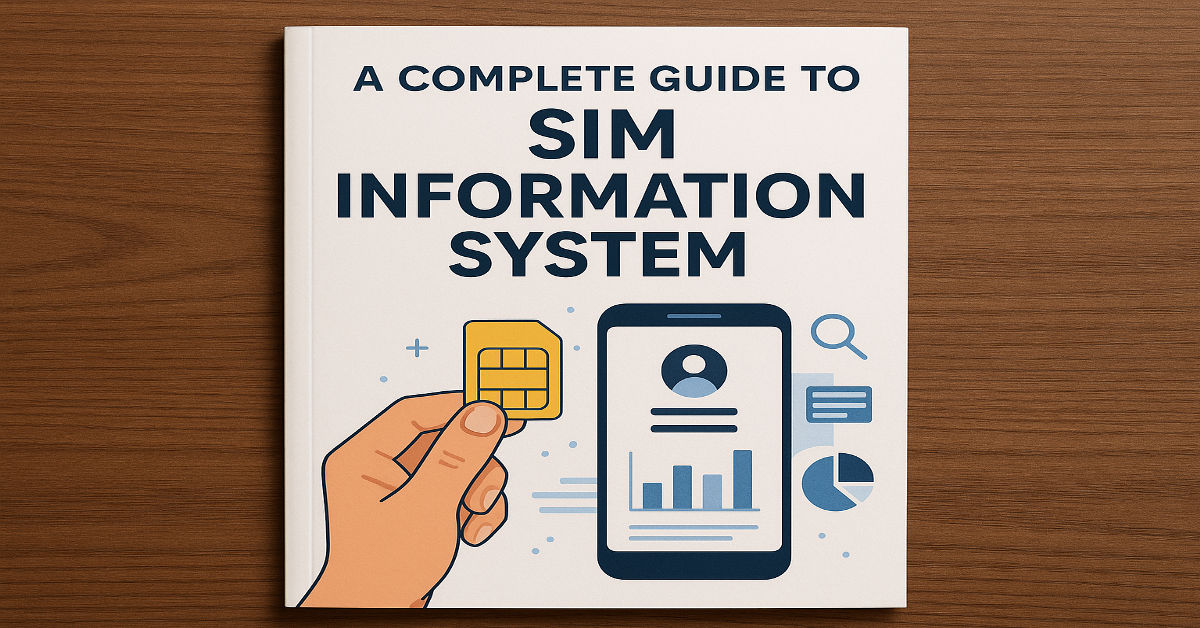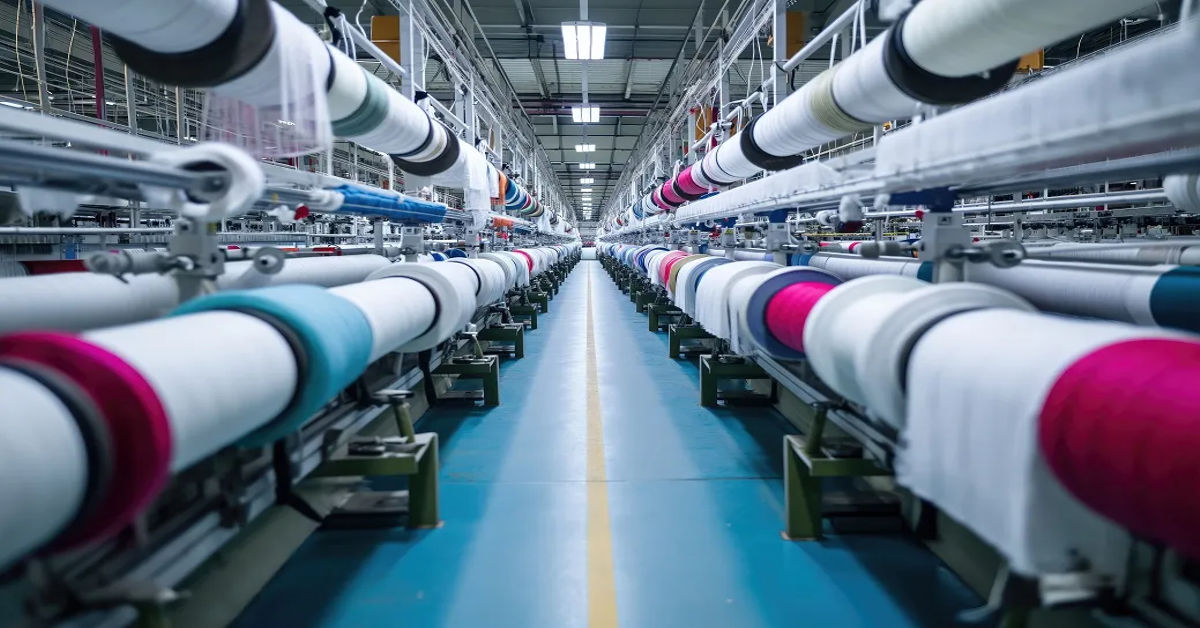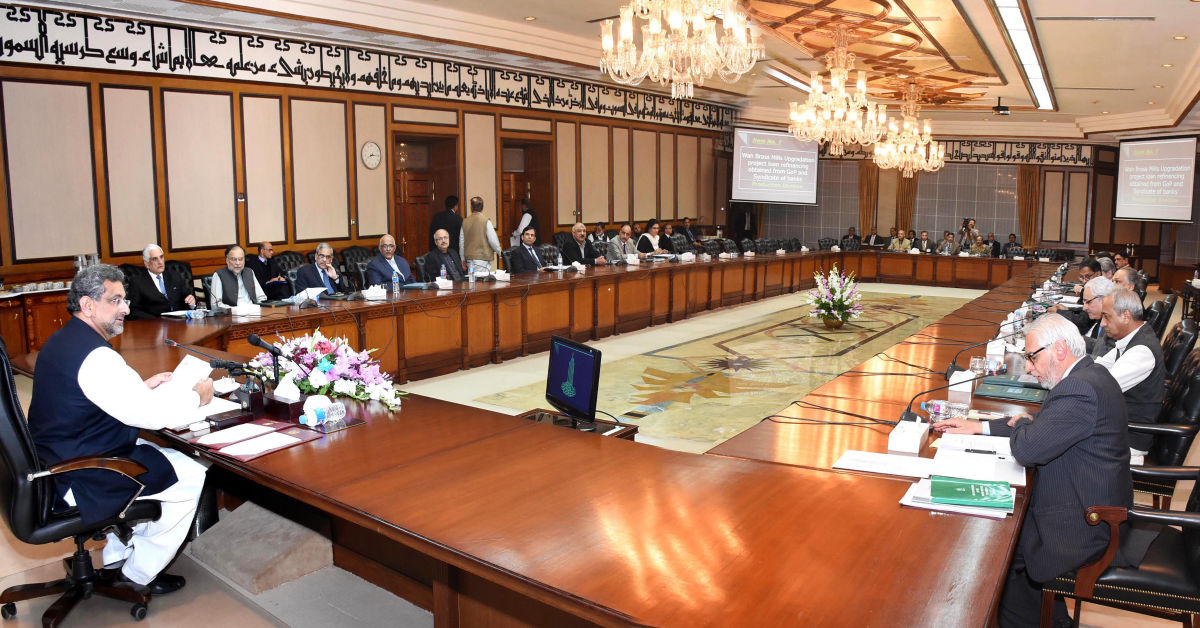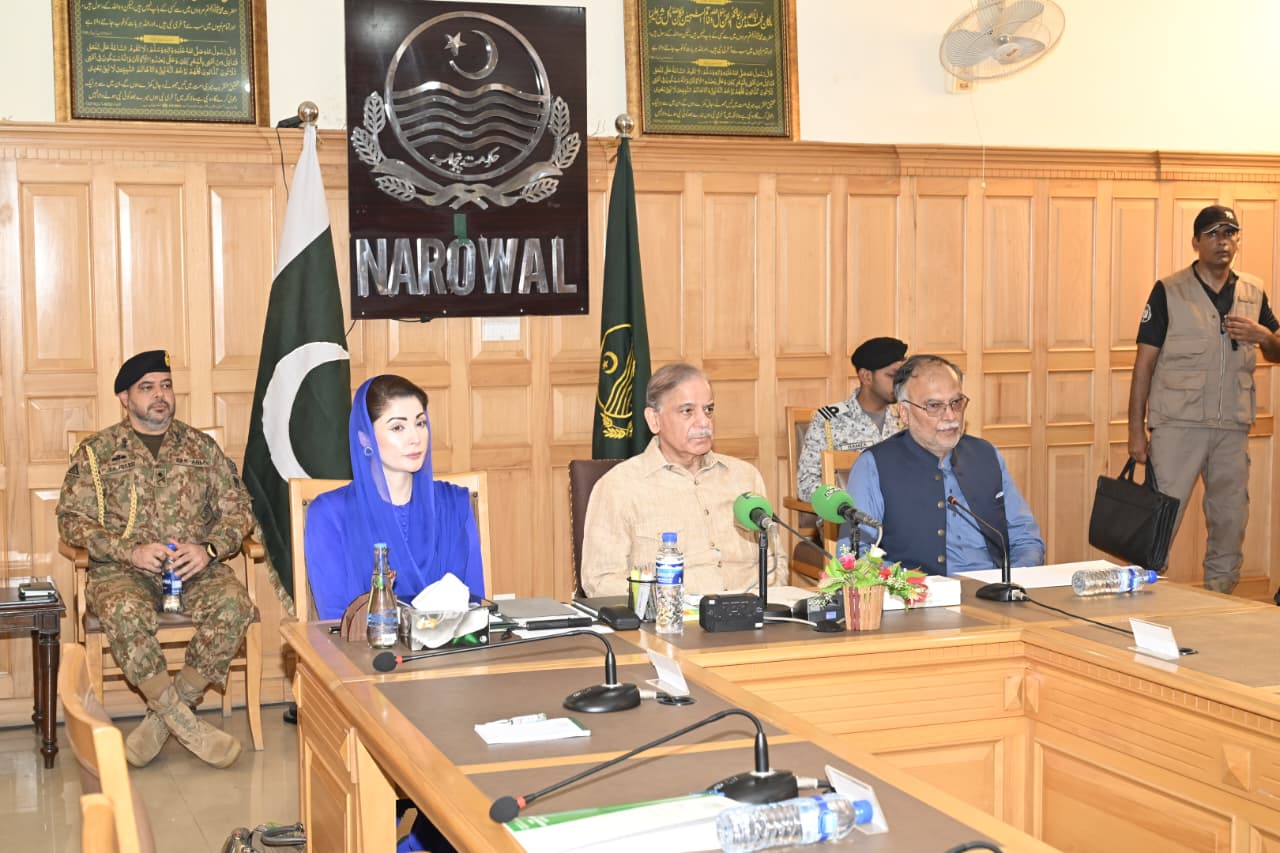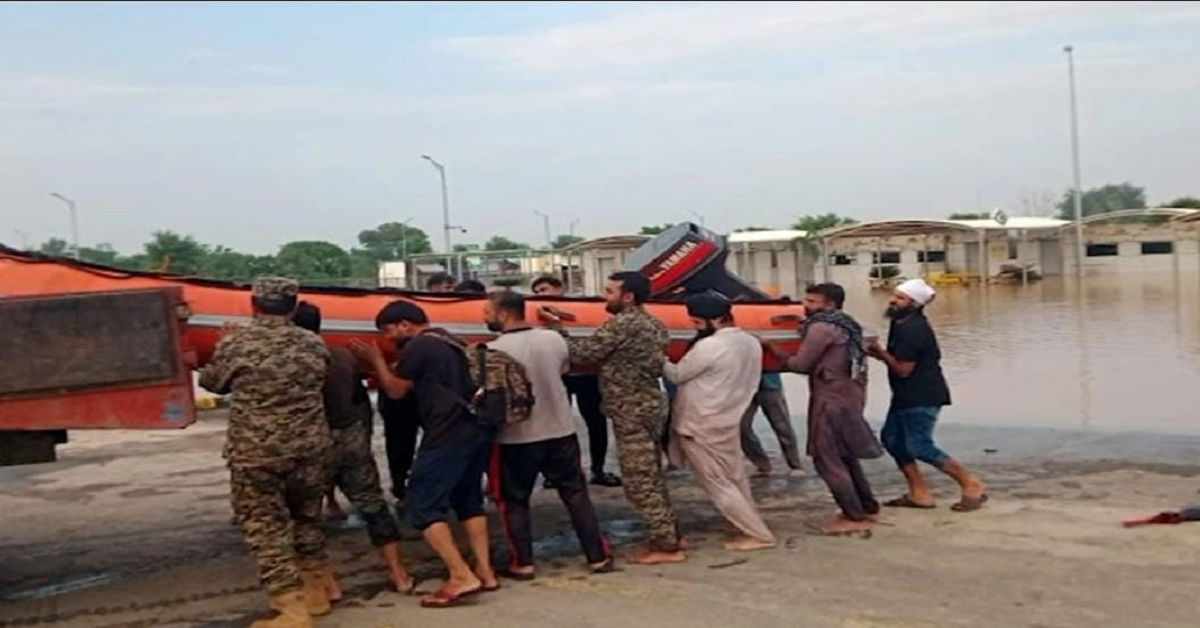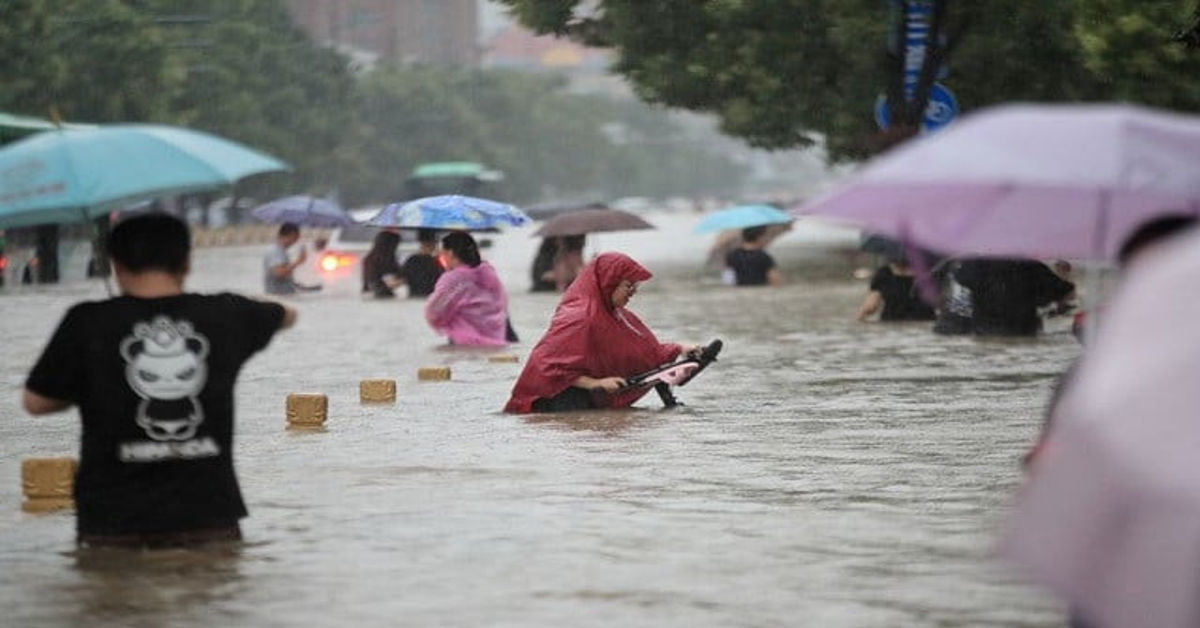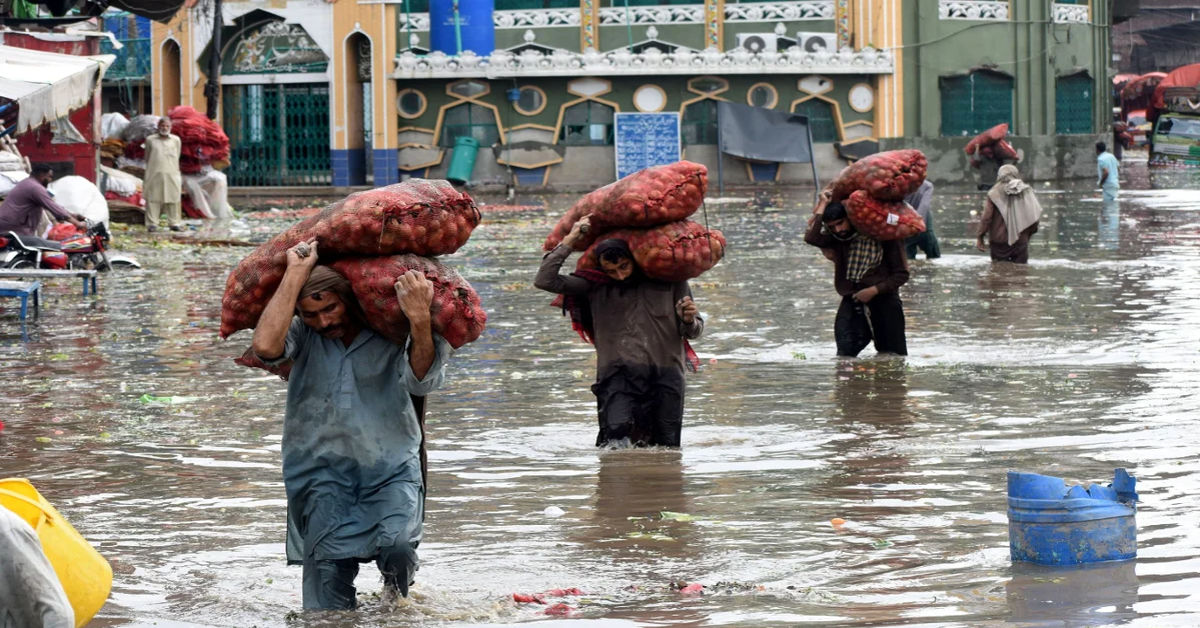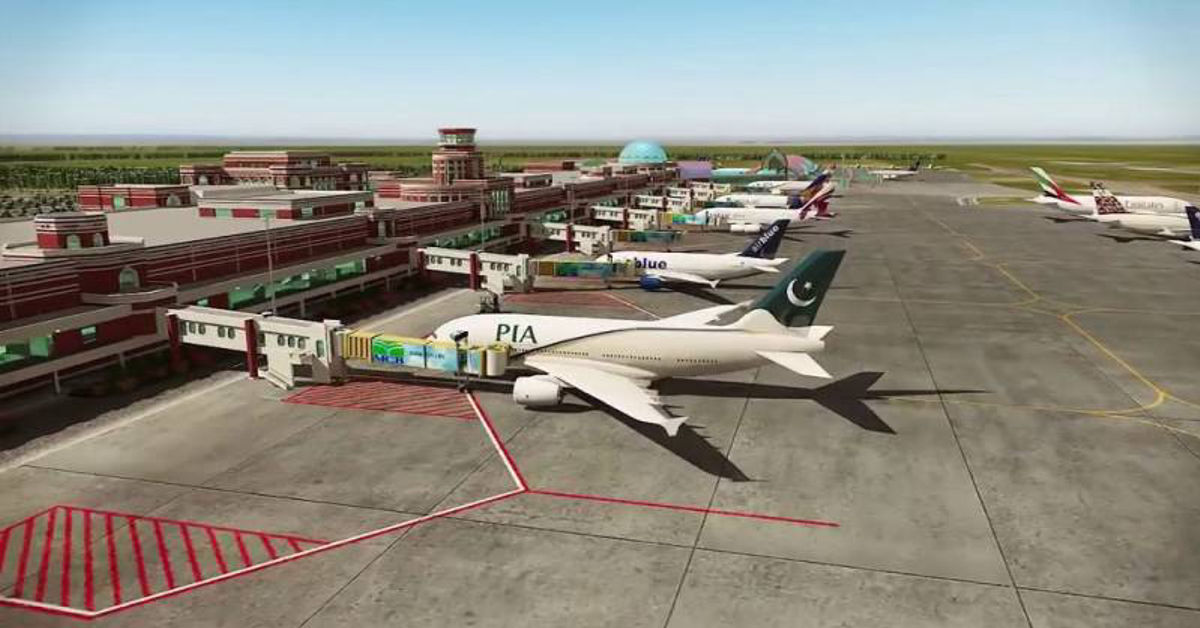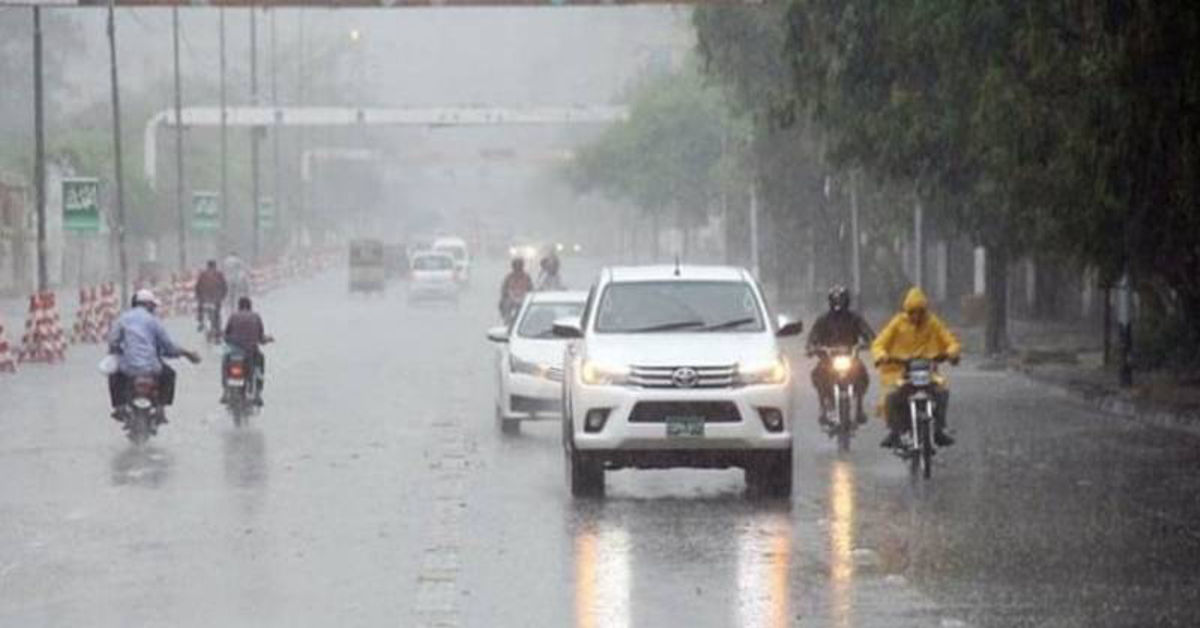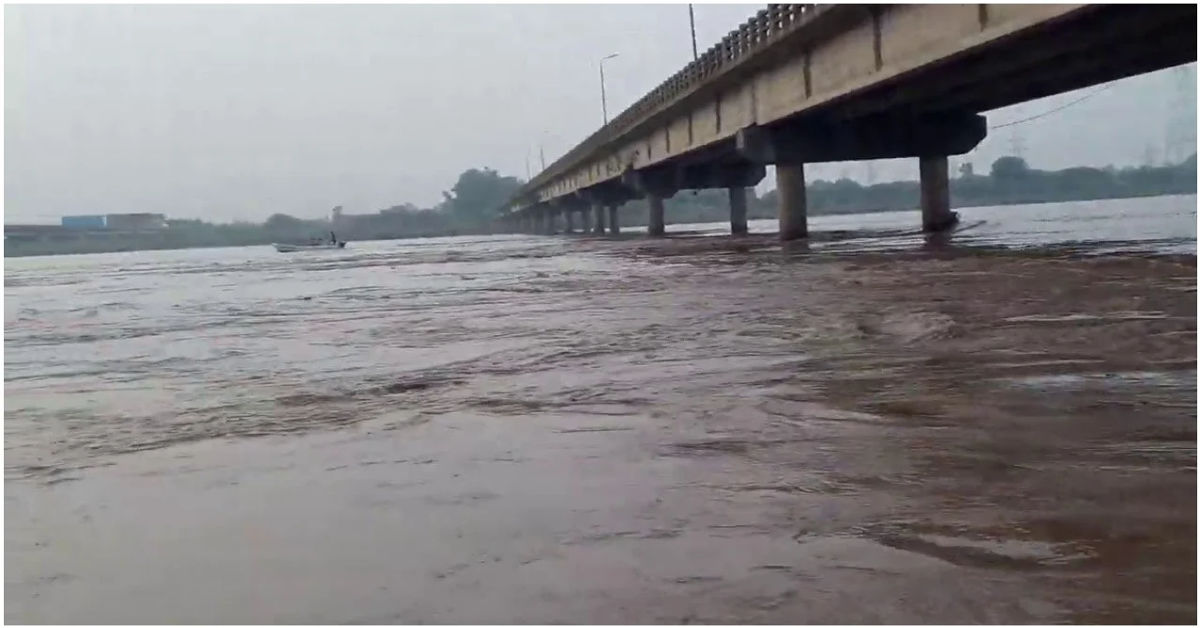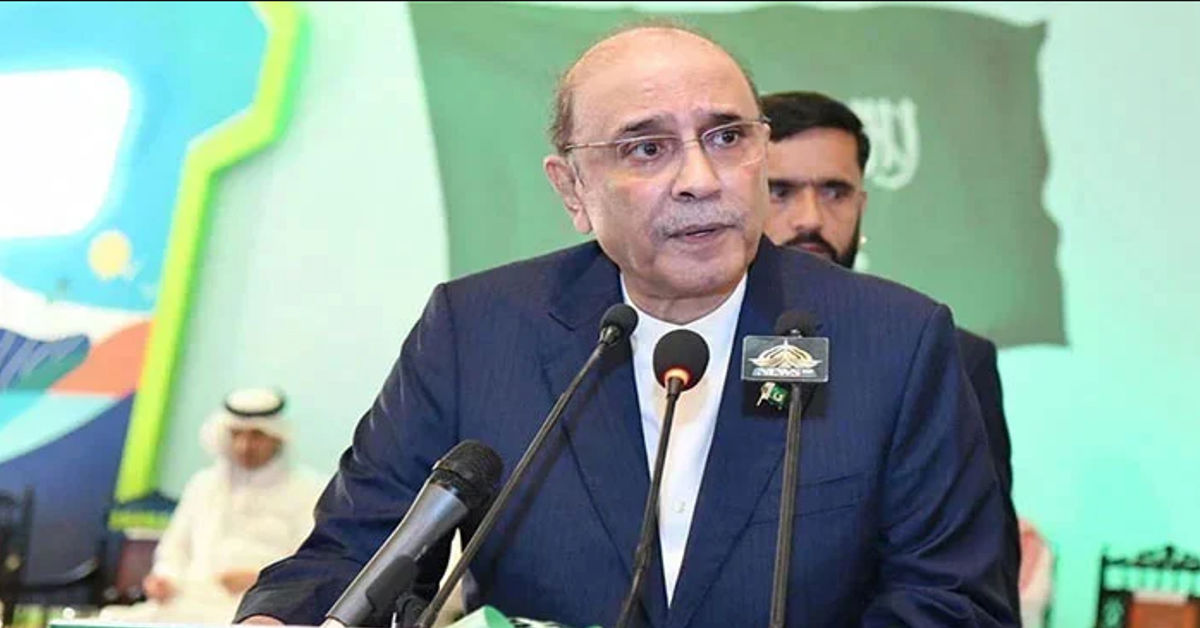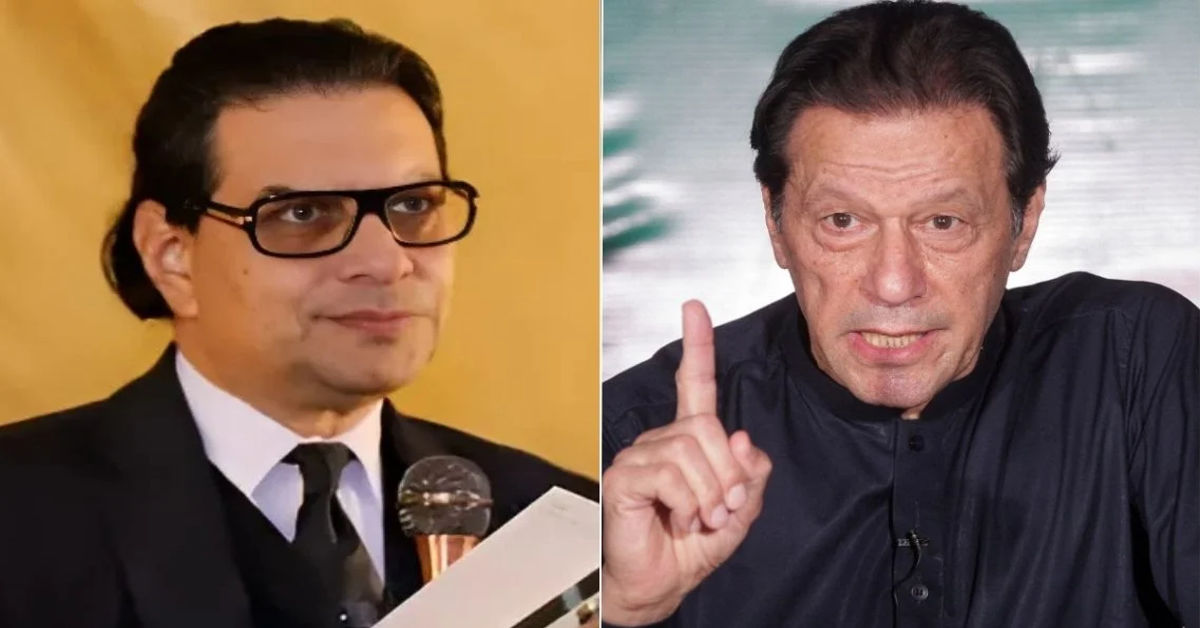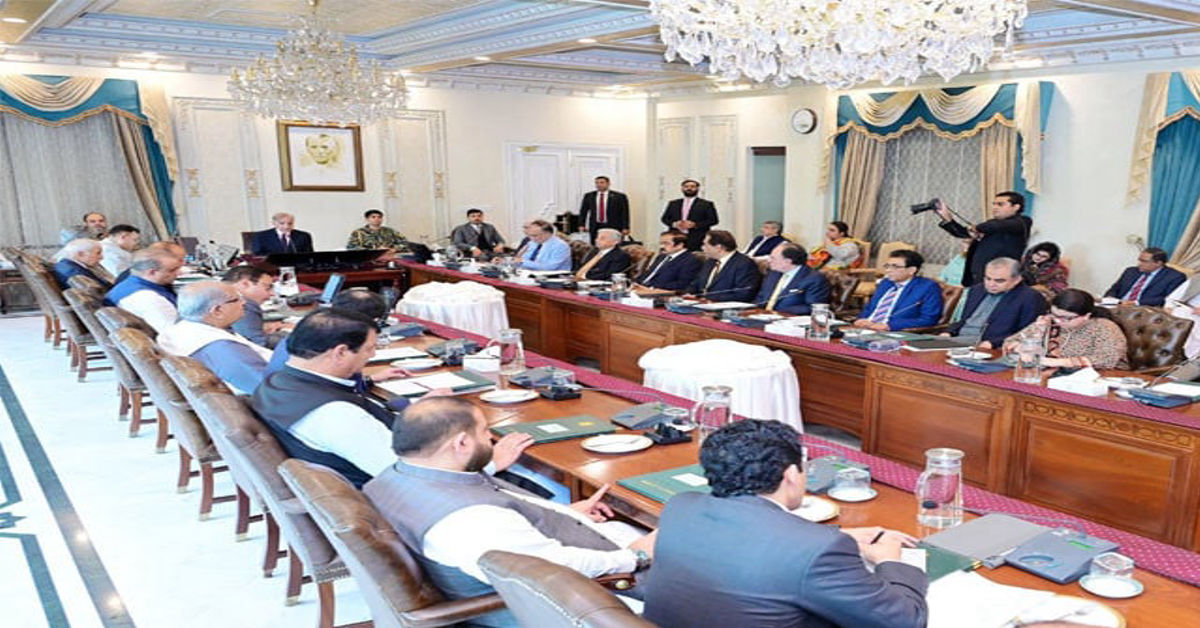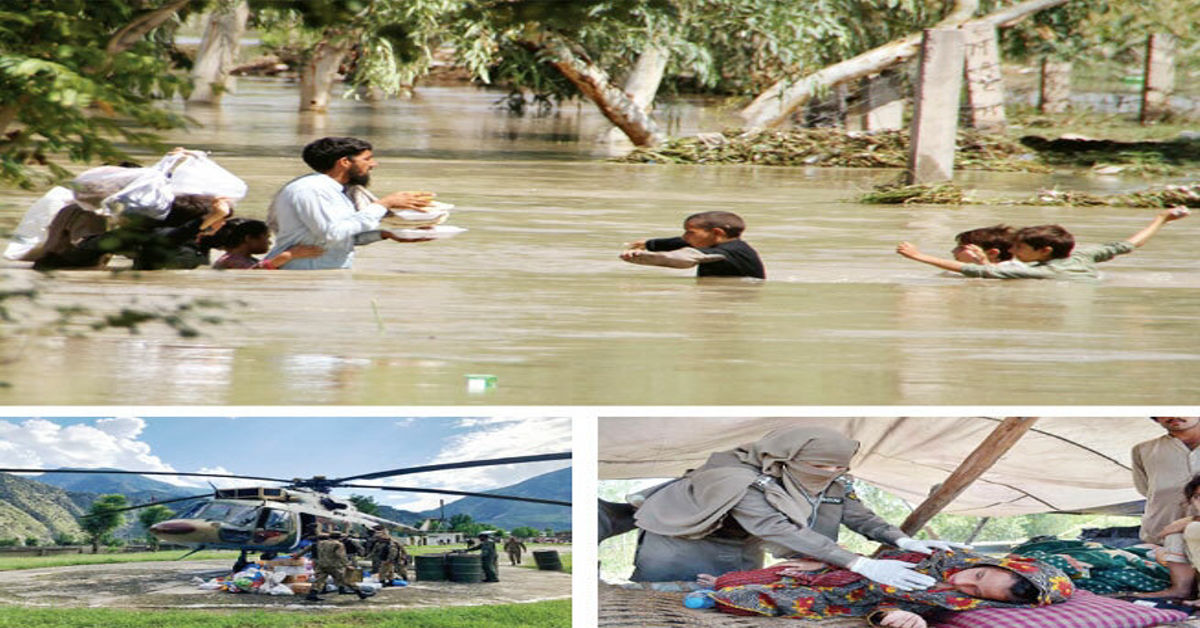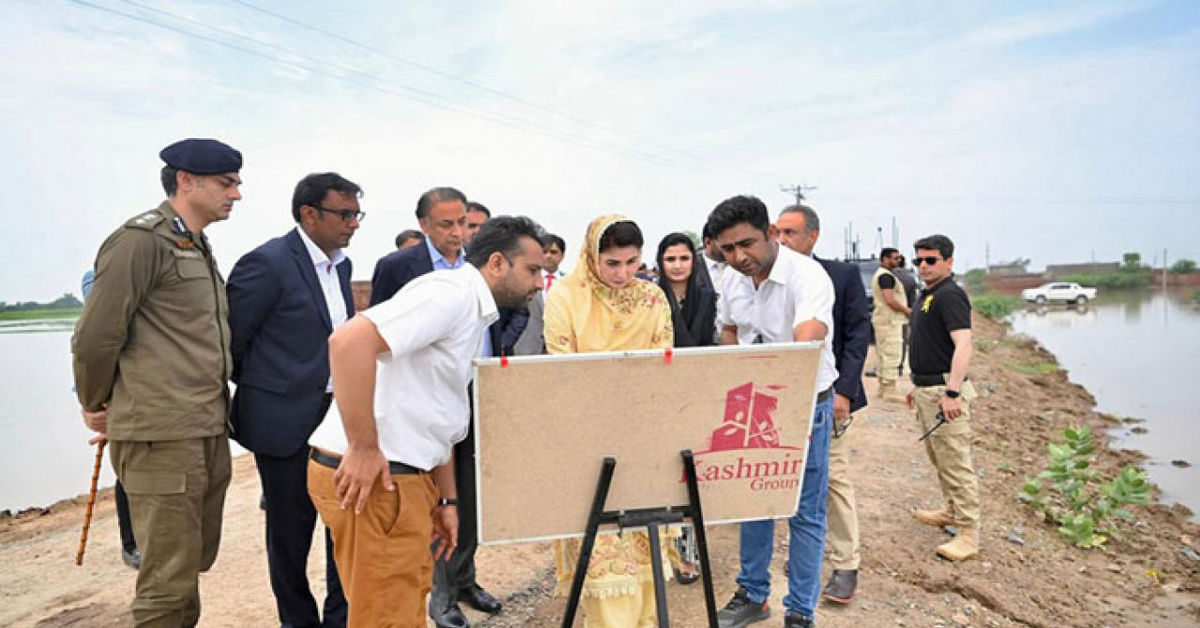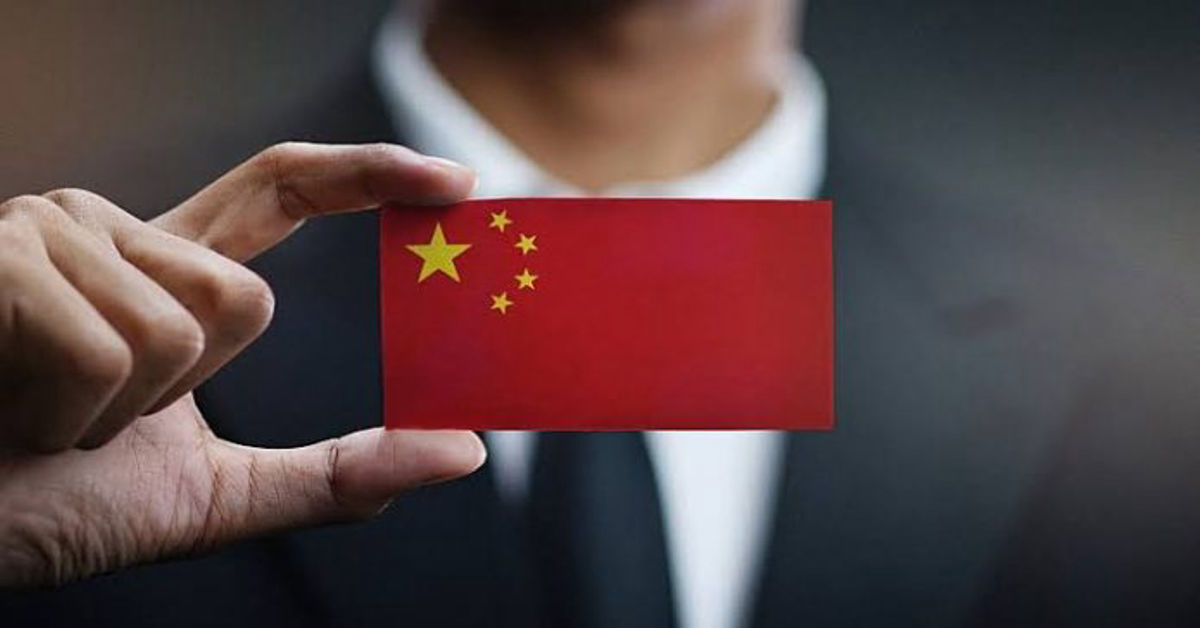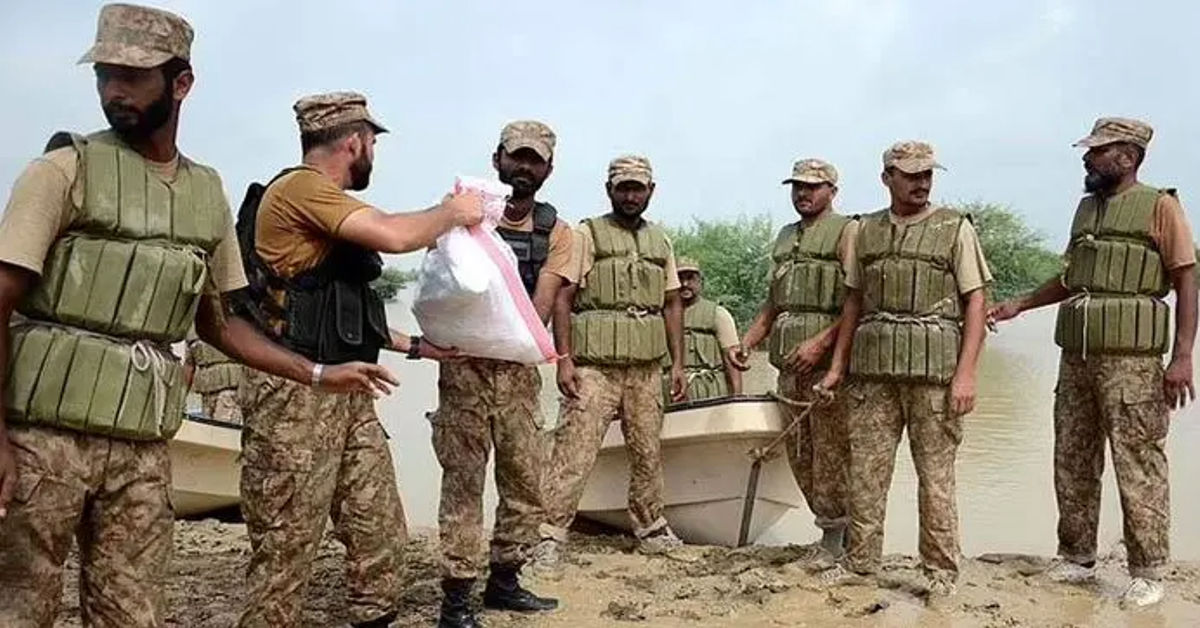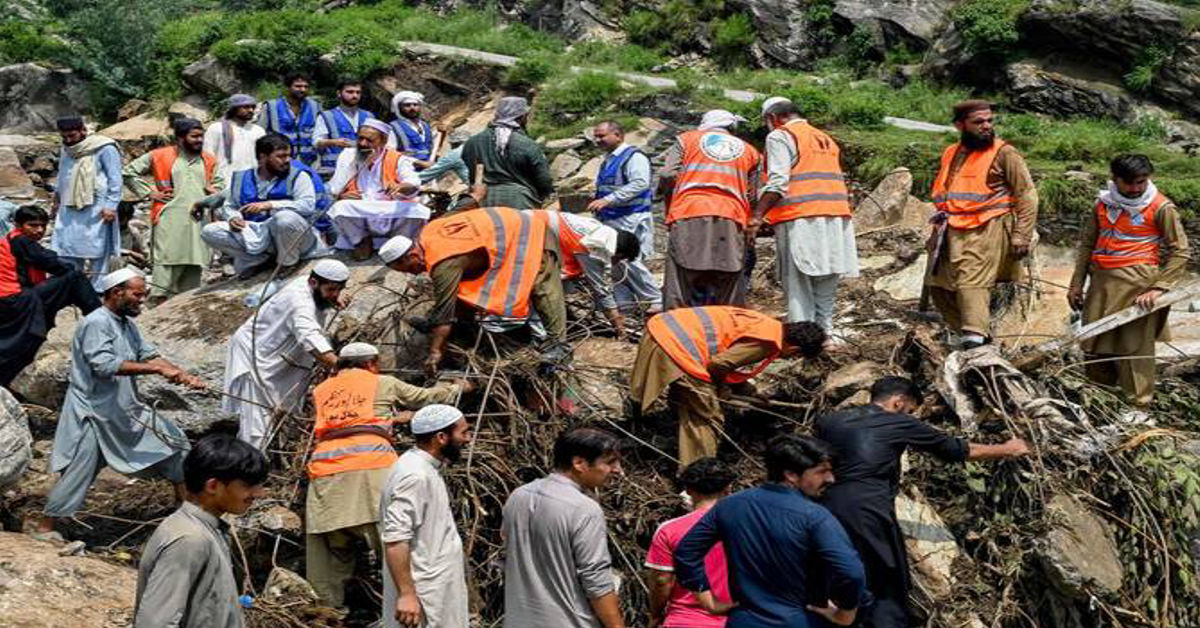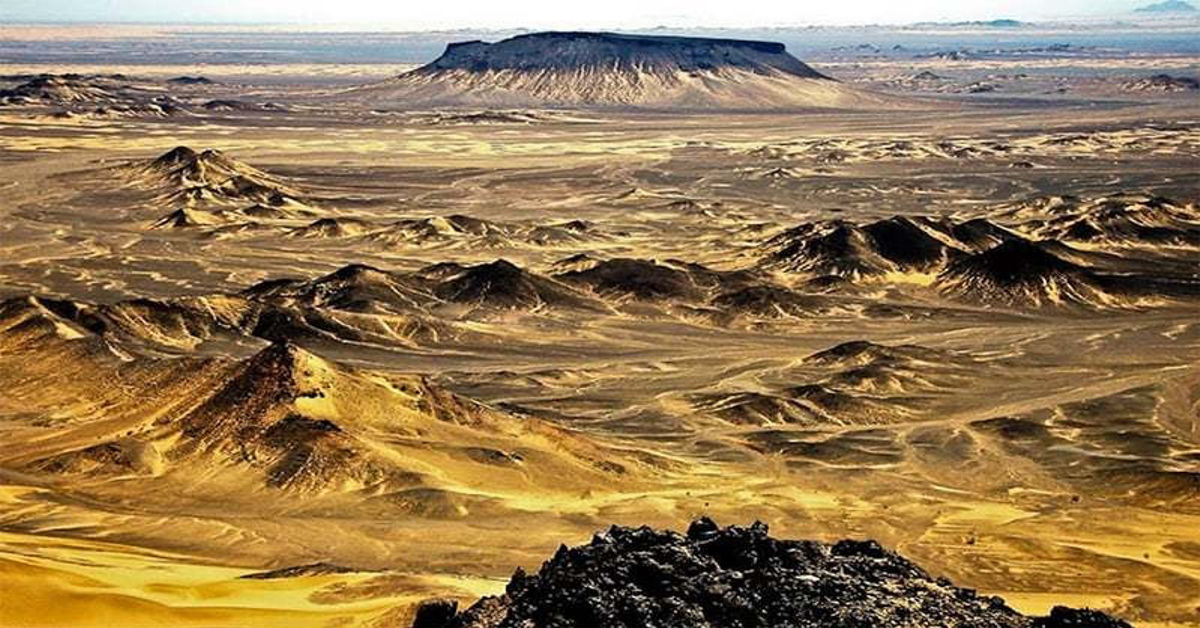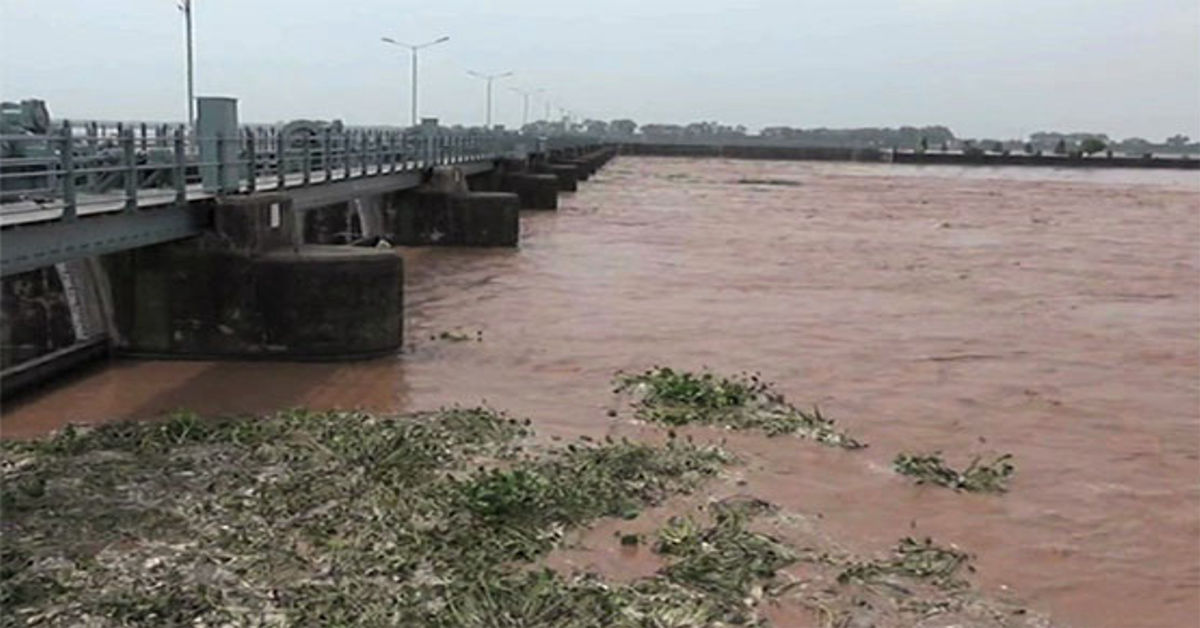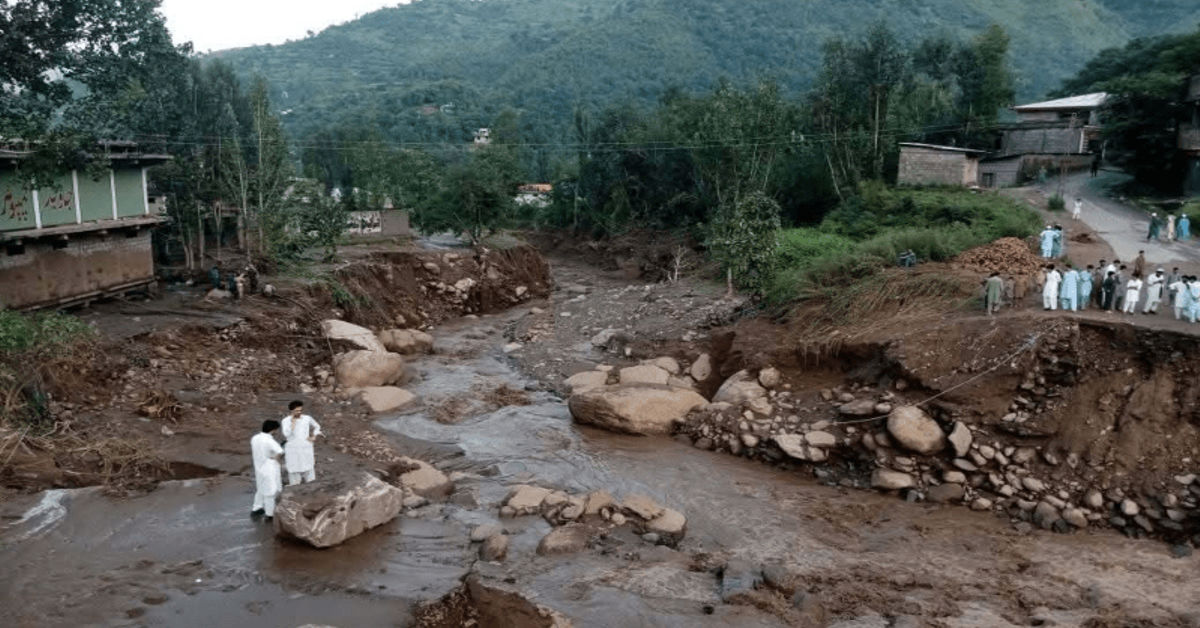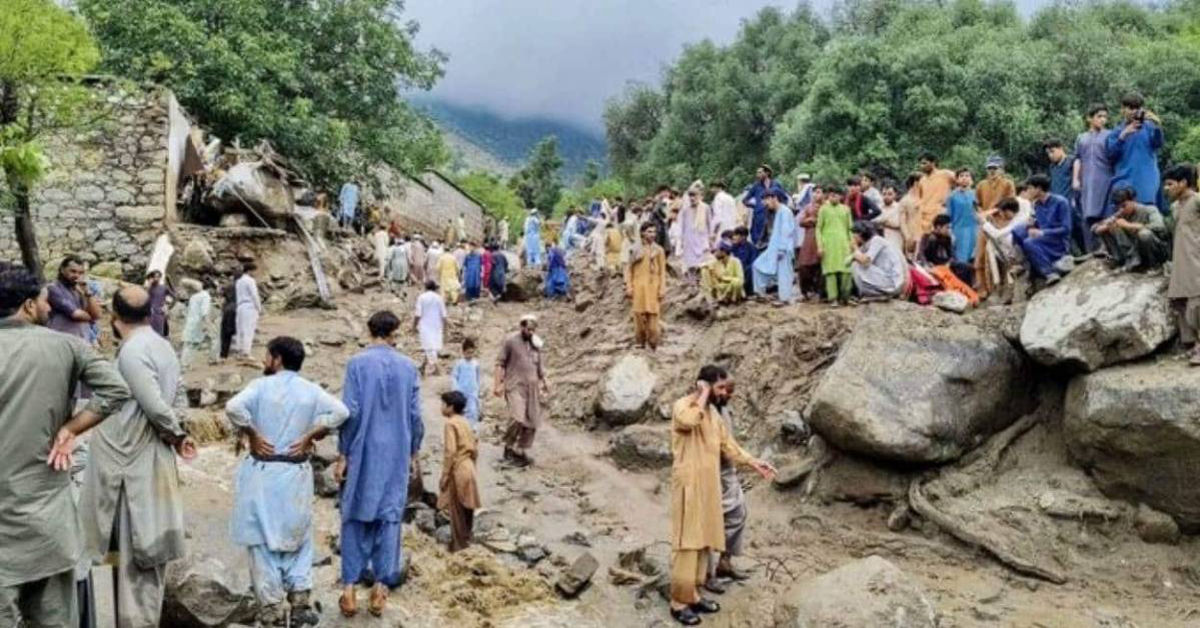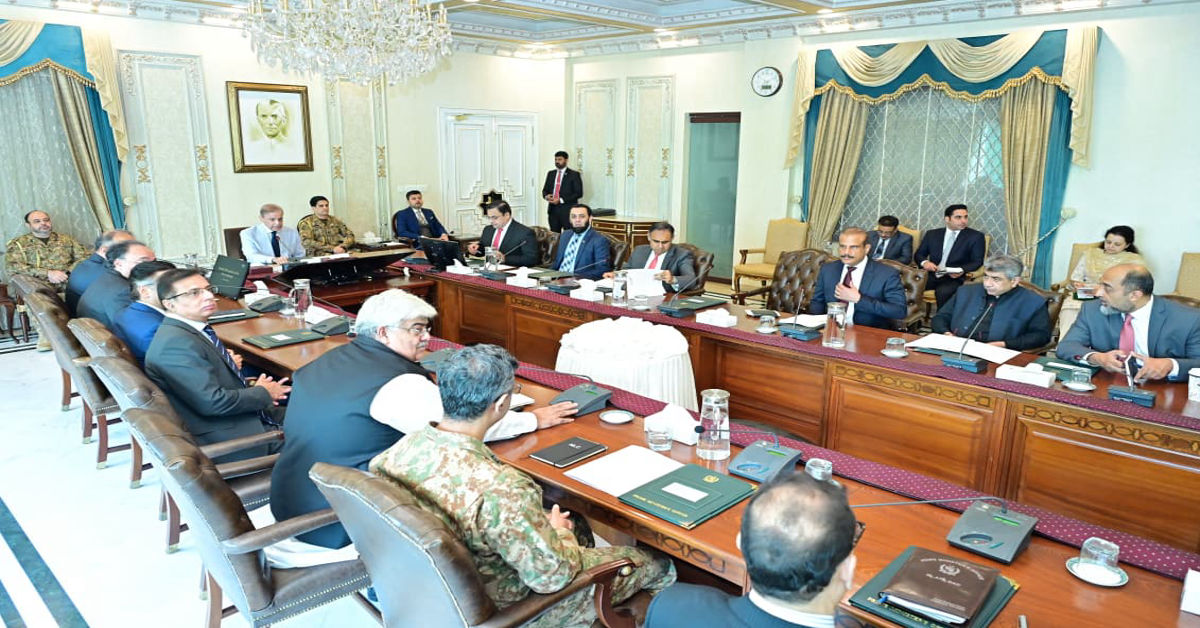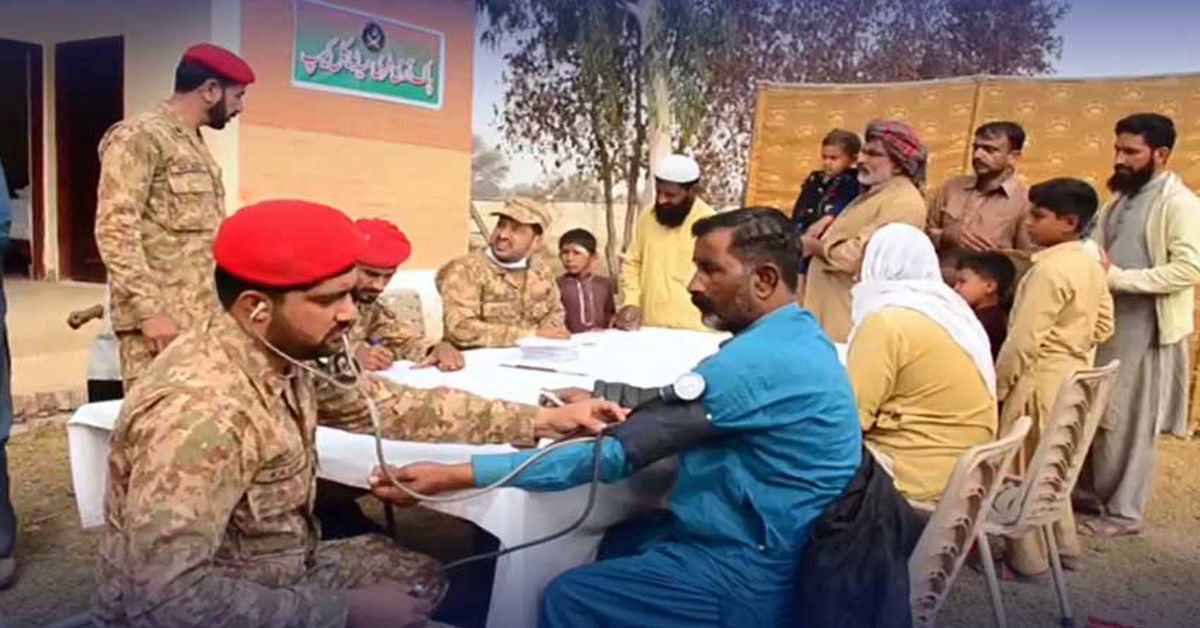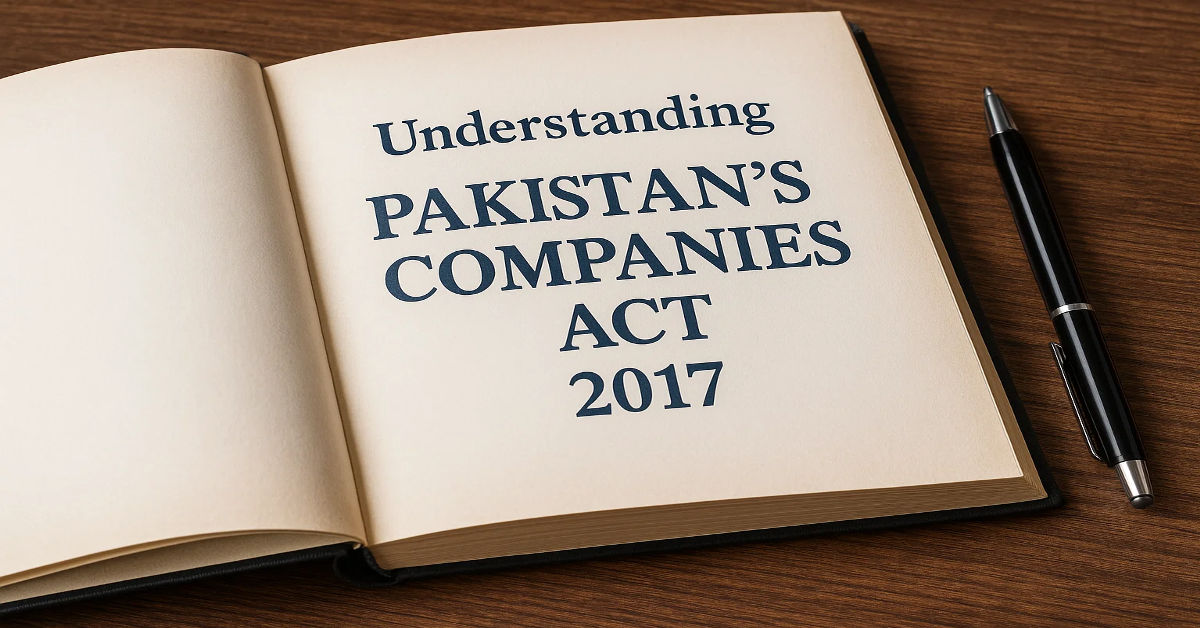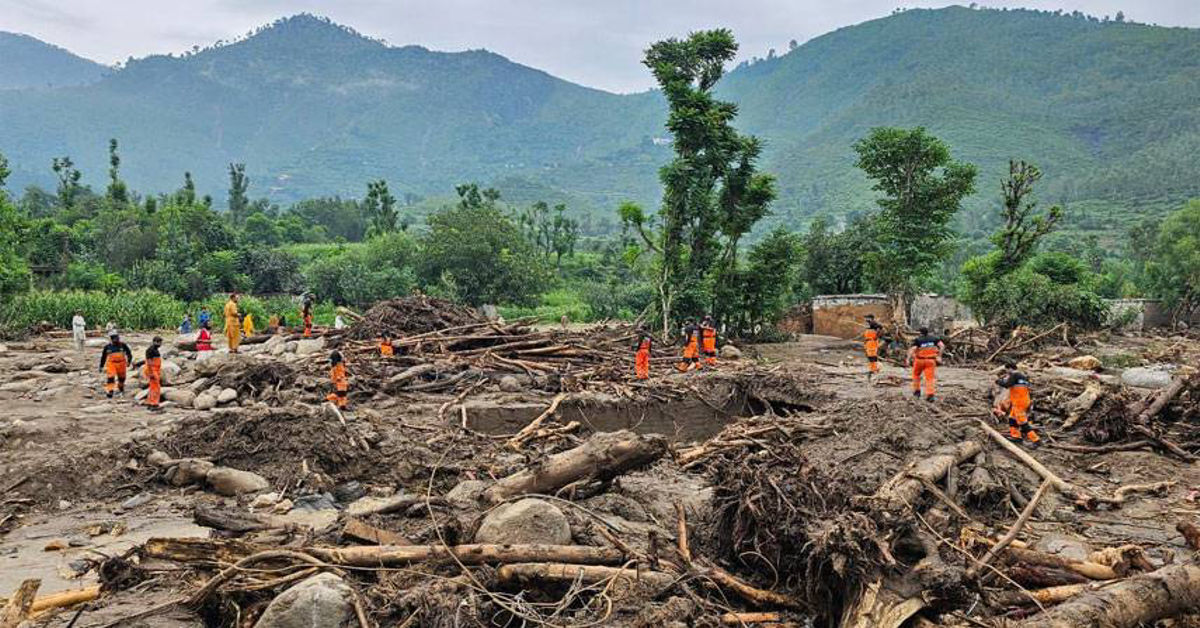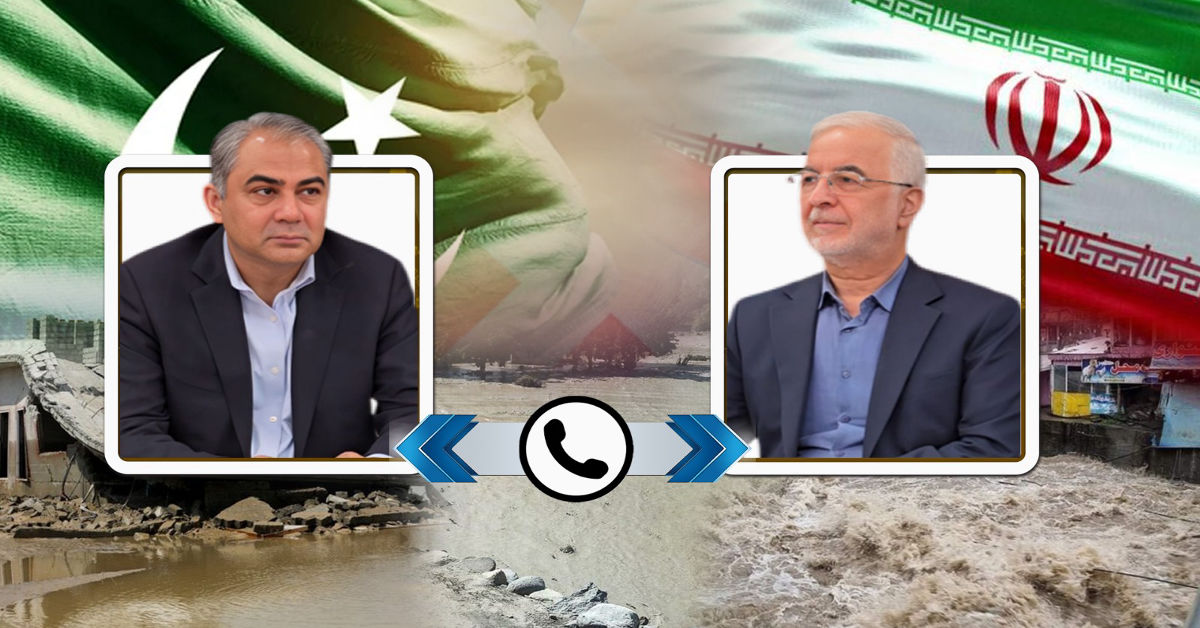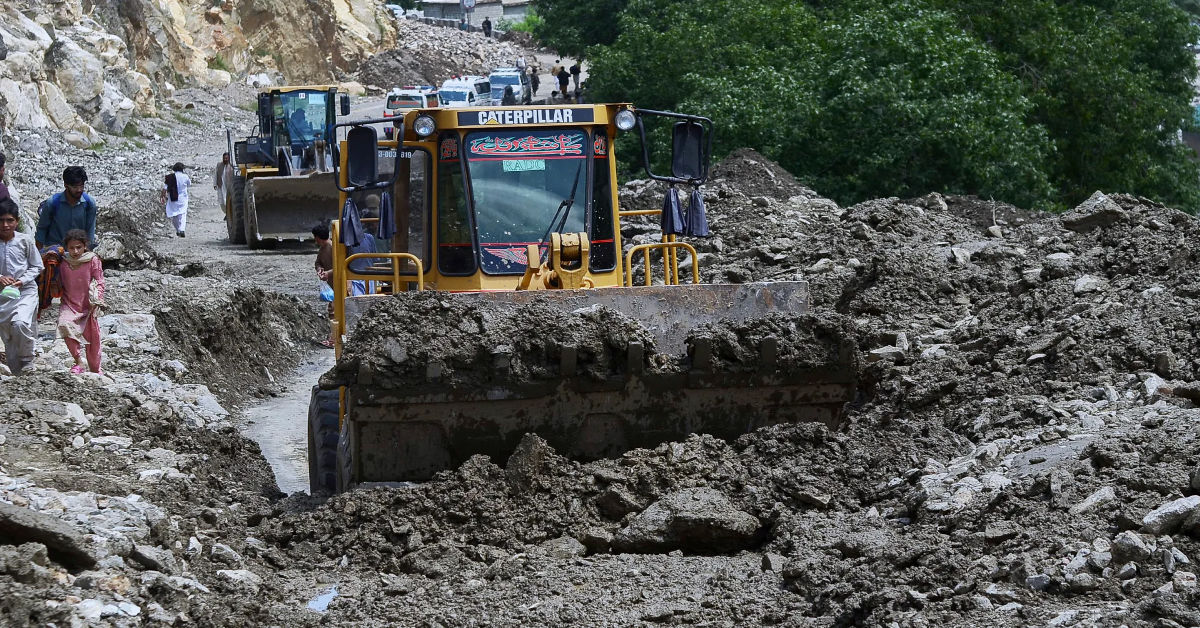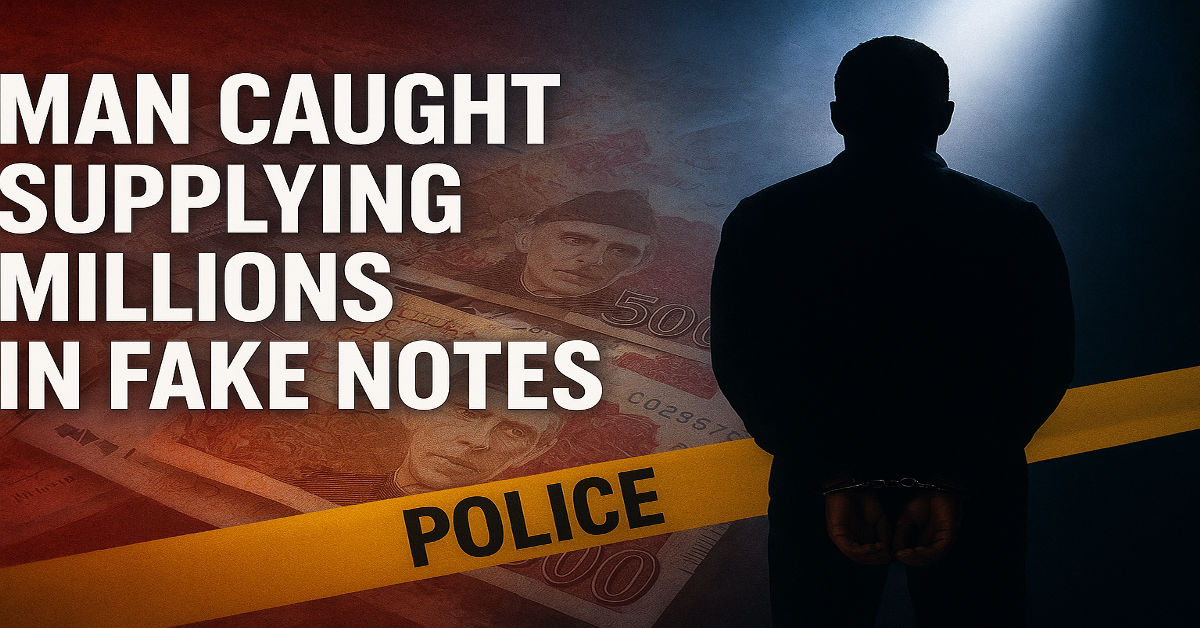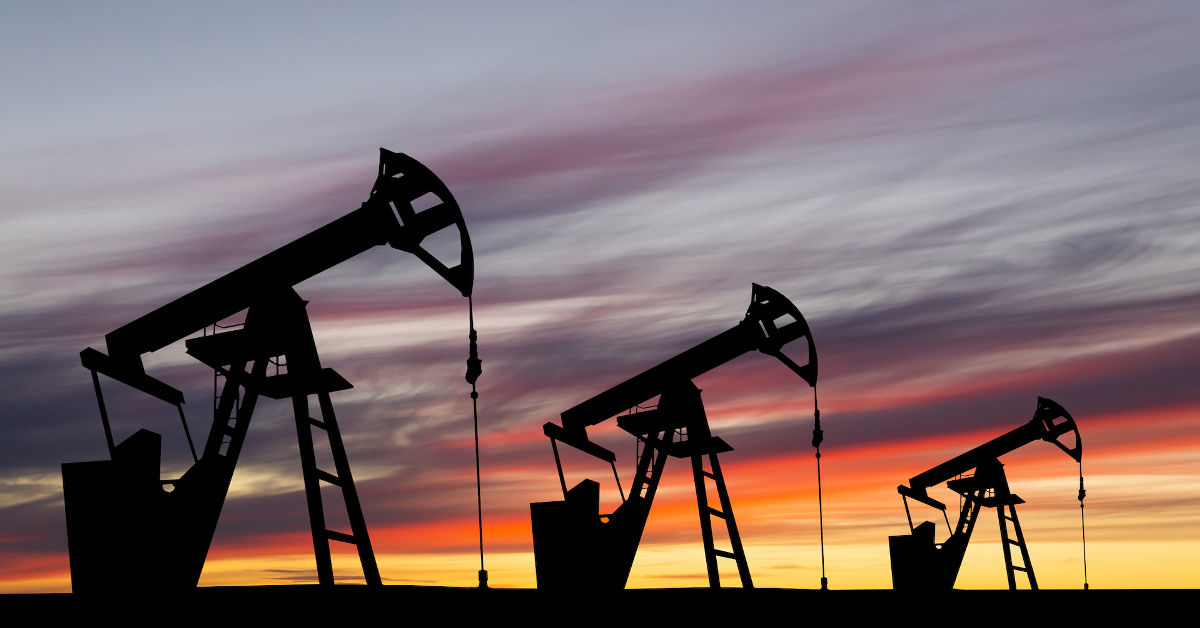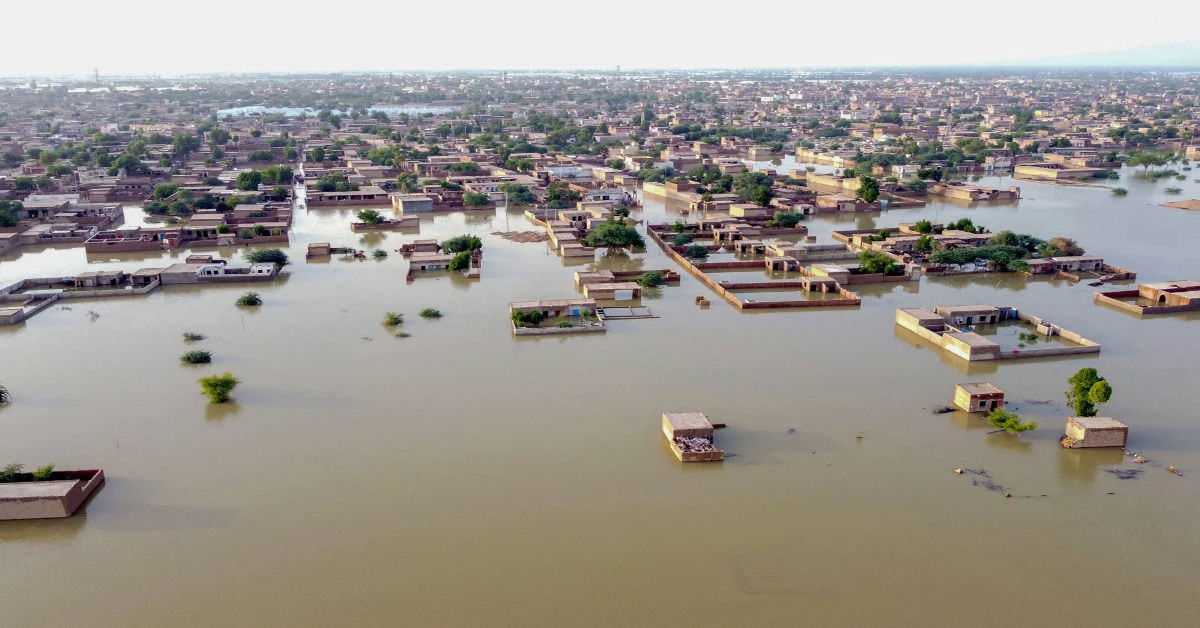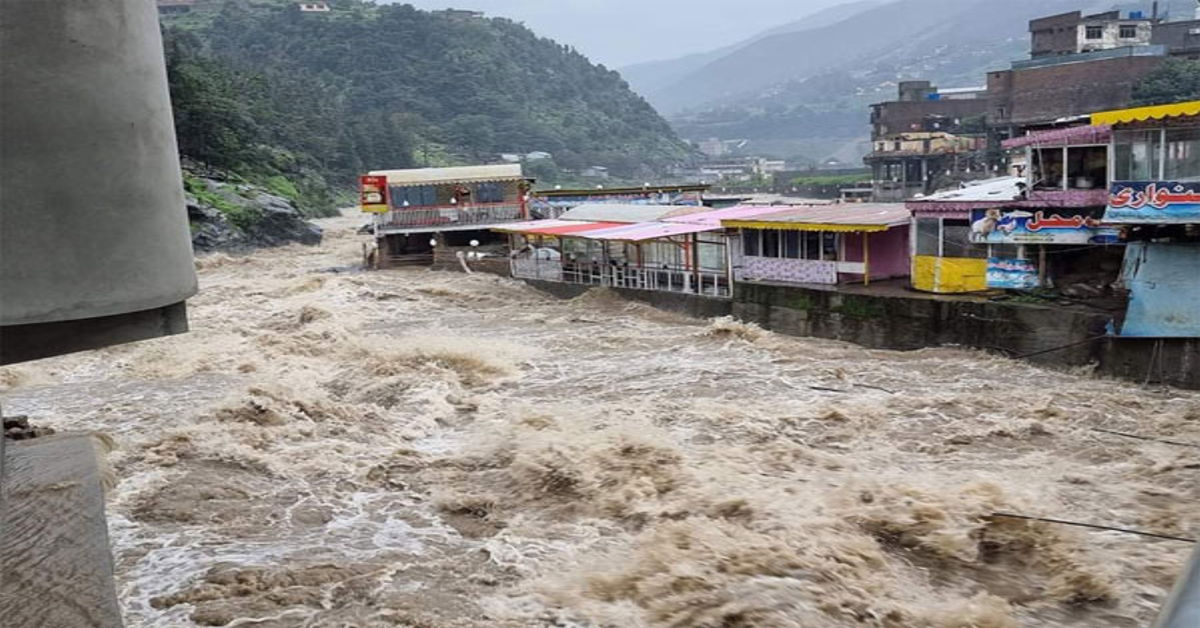
Since the nation started, they have continued to be important. It concerns the many changes and unpredictable events happening in political leadership, governmental policies and how the government works. The result is usually disorder in the economy, conflicts in society and a weak framework of institutions. Several political coups, unstable civilian governments and changing alliances in the country have made political instability in pakistan. To see why Pakistan’s economy and society have trouble, it helps to understand this instability.
How Political Turmoil Developed Historical Background
After achieving independence in 1947, Pakistan saw many periods of instability in politics. Often, military rule under Ayub Khan, Zia-ul-Haq and Pervez Musharraf interrupted the process of Pakistan moving towards democracy. Many civilian governments encountered problems controlling authority because the military and judiciary were very powerful. Ethnic, religious, and regional divisions among political parties have made governance harder and increased the likelihood of problems occurring.
Circumstances that Result in Political Instability
There are a number of things that cause unrest in Pakistan. Weak democracies, corruption, and the military’s involvement in civilian affairs create these problems. The judiciary playing different roles and influencing politics adds to the issue. Political instability in pakistan is also caused by ethnic and sectarian challenges, as well as by pressures from abroad and outside influences which make things more unstable within Pakistan. Not having steady policies and leadership in governance hinders economic growth and the trust of the public.
Ways Political Instability Affects the Economy
Political instability brings issues to its financial and economic areas. If there are many changes in government, it can confuse policies and discourage companies from or make it take longer for development projects. Rising inflation, unemployment and deficits are common in unstable times. Political unrest often disrupts trade and business, which lessens the economy’s ability to produce goods. Because of the uncertainties, planning for sustainable future improvements in the economy is difficult for Pakistan which makes it hard to compete worldwide.
The views of the public and any possible social change
State instability greatly influences the social life of Pakistan. People in a crisis environment doubt the effectiveness of their government, the safety of their communities and the availability of services. At times, political issues turn into violent events which disturb communities and interrupt normal life. When the government is unstable, many people lose belief in its institutions and become more disconnected or doubtful about the government. In particular, young people feel disconnected which leads to more migration or less interest in politics.
The Military’s and the Judiciary’s place in the Process
The military and the judiciary largely influence the country’s political difficulties. At times, the military has carried out coups or taken other direct actions, greatly shaping how it governs the country. This step weakens the authority of the people and the development of democracy. The relationship between these groups greatly influences political instability in Pakistan, since the court has sometimes aligned with and sometimes opposed military intervention which has caused confusion in the law. Tensions among these structures must be managed to maintain political stability and make democracy stronger.
Power of External Nations
Pakistan’s political stability can be changed by outside events. How its neighboring countries, global leaders and international groups act affects political developments in Pakistan. The Afghan war, connections with India, and relations with the United States and China largely affect Pakistan’s political decisions and partnerships. Foreign countries may support certain groups or decisions, which complicates the way the country is governed and increases conflicts between people.
Works to Achieve and Keep Political Stability
A number of measures have been taken to help Pakistan cope with political upheaval. Some examples are reforming elections, bolstering democracy and encouraging transparency and accountability in leaders. Democracy and human rights cause have been promoted by activities of civil society groups and the media. Other nations have played a part in helping with reconciliation and development initiatives. Even with difficulties, these actions still bring hope that we can have a steadier political future.
Recommendations and Forecast
Pakistan’s political stability is connected to many necessary reforms and vows from both sides. Improving the democratic system, guaranteeing the independence of legal affairs and putting a check on the military are all important. Improving the representation of all ethnic and sectarian groups in politics can reduce problems inside the country. Challenging economic changes and strong government policies will help people trust their government and deal with problems. Stable politics in Pakistan rely on having parties and individuals working together, following democratic principles and caring about the country’s growth.
Conclusion
Prolonged instability is a big problem that influences both development and safety in the country. Achieving lasting success requires looking at the origins and solving the fundamental problems by reforming institutions and involving all sections of society. Because of the persistent political instability in Pakistan, there is little progress toward lasting stability. For Pakistan to fulfill its aspirations everywhere, it needs a stable political environment. While reaching stability takes much work, it is important for the comfort and prosperity of both the citizens and the region.

